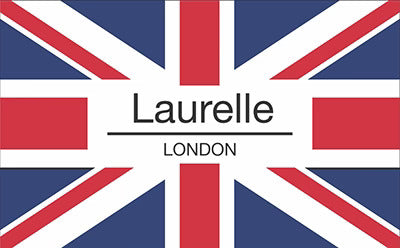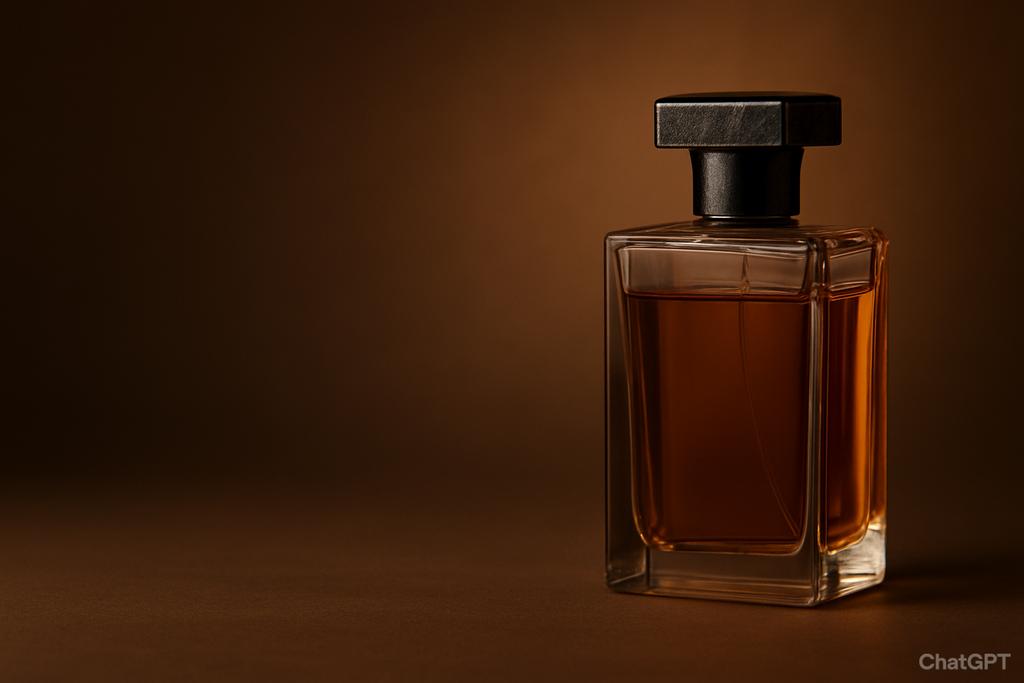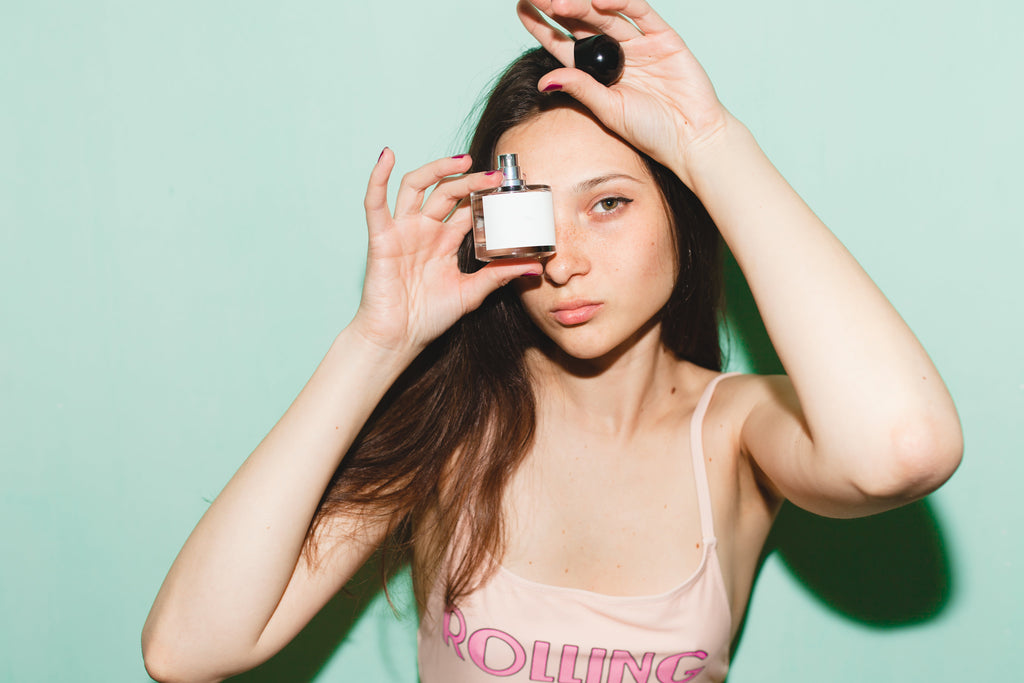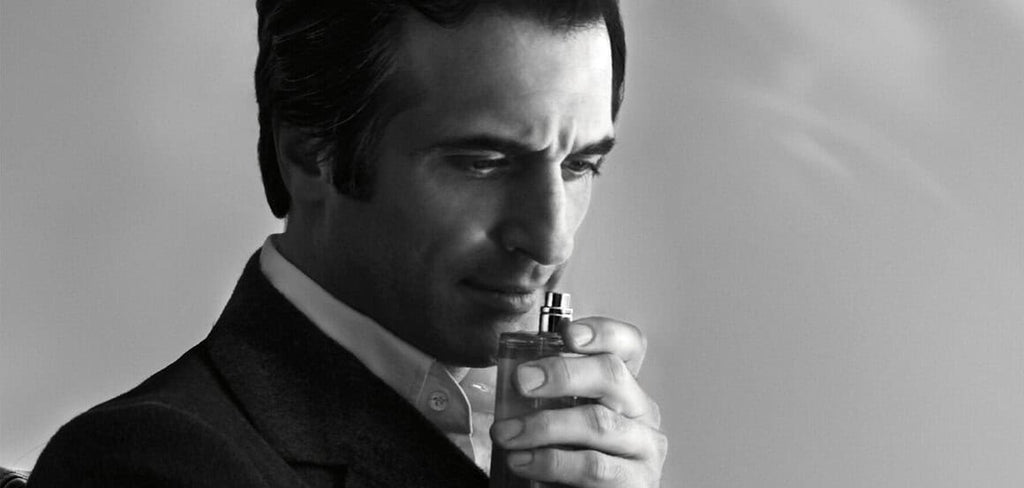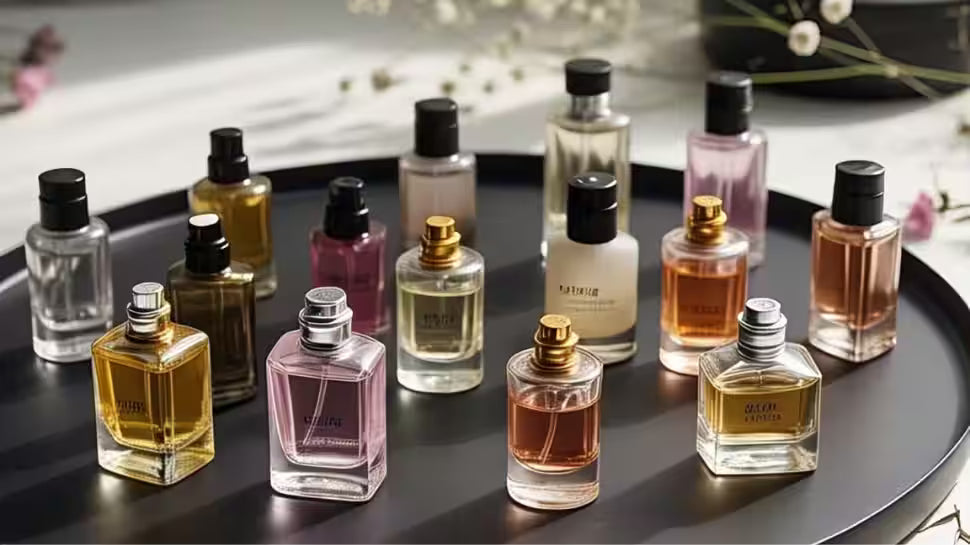
India's Urban Men Turn to Imported Perfumes as the Ultimate Lifestyle Upgrade

In the gleaming malls of Mumbai, the tech corridors of Bangalore, and the corporate towers of Gurgaon, a quiet revolution is taking place. India's urban men are increasingly trading their traditional aftershaves and domestic fragrances for coveted imported perfumes, transforming personal grooming from a basic necessity into a sophisticated lifestyle statement. This shift represents more than mere consumer preference—it signals a fundamental change in how India's new generation of successful men perceive themselves and project their identity to the world.
The New Indian Consumer: Confident and Discerning
The modern Indian urban male has undergone a remarkable transformation. Armed with global exposure through digital media, international travel, and multinational corporate environments, he approaches personal grooming with unprecedented sophistication. This demographic—primarily aged 25-40, well-educated, and earning substantial incomes—views imported perfumes not as luxury indulgences but as essential tools for professional and social success.
Rajesh Sharma, a 32-year-old investment banker from Delhi, exemplifies this trend. "I switched from local brands to Tom Ford and Creed about three years ago," he explains. "When you're negotiating million-dollar deals, every detail matters. The right fragrance gives you confidence and makes you memorable for the right reasons." This sentiment echoes across India's urban centers, where young professionals increasingly understand that personal branding extends far beyond clothing and accessories.
The Status Symbol Evolution
Imported perfumes have emerged as the new status symbol among India's urban elite, occupying a unique position in the luxury hierarchy. Unlike cars or watches, which announce wealth openly, a premium fragrance operates in the realm of subtle sophistication. It's an insider's luxury—one that signals taste, refinement, and global awareness to those who recognize quality.
The appeal extends beyond mere brand recognition. These consumers appreciate the craftsmanship, the quality of ingredients, and the olfactory complexity that distinguishes international fragrances from mass-market alternatives. They speak knowledgeably about base notes, sillage, and longevity—terminology that would have been foreign to their fathers' generation.
Digital Influence and Global Connectivity
Social media has played a pivotal role in this transformation. Instagram influencers, YouTube reviewers, and fragrance communities have democratized knowledge about international perfumes, making esoteric fragrance appreciation accessible to the masses. Young Indian men now follow international fragrance channels, participate in online communities, and make purchasing decisions based on global trends rather than local advertising.
The influence of Bollywood and international celebrities cannot be understated. When Shah Rukh Khan endorses a luxury fragrance or when Indian men see their Hollywood heroes wearing specific brands, the aspirational appeal becomes irresistible. These endorsements create a direct connection between success, sophistication, and scent.
The Economic Boom and Disposable Income
India's economic growth has created an unprecedented class of high-earning urban professionals with significant disposable income. Tech entrepreneurs, finance professionals, and corporate executives in tier-1 cities now earn salaries that place luxury goods within comfortable reach. For many, spending ₹8,000-15,000 on a bottle of imported perfume represents a reasonable investment in personal branding rather than an extravagant expense.
This economic empowerment coincides with changing cultural attitudes toward male grooming. The stigma once associated with men's interest in beauty and fragrance has largely evaporated, replaced by an understanding that personal presentation is crucial for professional success.
The Retail Revolution
The availability of imported perfumes has improved dramatically in recent years. Luxury department stores, dedicated fragrance boutiques, and online platforms have made international brands accessible across major Indian cities. Retailers like Nykaa, Sephora, and specialized fragrance stores have invested heavily in educating consumers, offering personalized consultations and creating immersive shopping experiences.
The rise of e-commerce has been particularly significant. Online platforms offer extensive selections, detailed product information, and the convenience of home delivery. Many consumers now research fragrances online, read reviews, and make informed purchases without ever visiting a physical store.
Cultural Shift: From Function to Form
Traditional Indian male grooming focused primarily on function—cleanliness, basic hygiene, and utilitarian aftershaves. The new generation approaches grooming as an art form, understanding that scent can convey personality, enhance attractiveness, and create lasting impressions. This shift reflects broader changes in Indian masculinity, where emotional intelligence, aesthetics, and personal expression are increasingly valued.
The concept of signature scents has gained particular traction. Young Indian men are moving away from the one-fragrance-fits-all approach, instead building curated collections for different occasions, seasons, and moods. They understand that a board meeting requires a different olfactory approach than a dinner date or weekend gathering.
Regional Preferences and Climate Considerations
India's diverse climate has influenced fragrance preferences in interesting ways. In humid cities like Mumbai and Chennai, men gravitate toward fresh, aquatic fragrances that feel appropriate for the tropical climate. In contrast, Delhi's varied seasons allow for more complex, layered fragrances that can evolve throughout the year.
Regional cultural differences also play a role. Northern cities show stronger preferences for woody and spicy fragrances, while southern cities lean toward lighter, more contemporary scents. These preferences reflect both climate considerations and cultural sensibilities.
The Challenge of Authenticity
The popularity of imported perfumes has created a significant challenge: the proliferation of counterfeit products. Educated consumers have become increasingly sophisticated about identifying authentic products, driving demand for authorized retailers and verified online platforms. This awareness has further elevated the status of genuine imported fragrances while creating a clear hierarchy between authentic and imitation products.
Professional Impact and Workplace Dynamics
In India's competitive professional environment, imported perfumes have become subtle tools for career advancement. The right fragrance can enhance confidence during presentations, make networking more memorable, and contribute to overall professional presence. HR professionals note that well-groomed candidates who pay attention to details like fragrance often make stronger impressions during interviews.
This professional dimension extends to client relationships. In service industries where personal interaction is crucial, a sophisticated fragrance can contribute to trust-building and relationship development. Many professionals report that clients remember them partially due to their distinctive, pleasant scent.
The Future Landscape
The trend toward imported perfumes among India's urban men shows no signs of slowing. As global brands continue to enter the Indian market and local purchasing power increases, the market is expected to grow exponentially. Emerging trends include personalized fragrances, sustainable and natural ingredients, and the integration of technology in fragrance retail.
The next generation of Indian consumers will likely be even more sophisticated, having grown up with global brands and international standards. This evolution promises to make India one of the world's most important markets for premium fragrances.
Frequently Asked Questions
Q: Why are imported perfumes so popular among Indian urban men?
A: Imported perfumes represent quality, sophistication, and global awareness. They offer superior ingredients, complex compositions, and better longevity compared to local alternatives. For India's new generation of successful professionals, they serve as subtle status symbols that signal taste and refinement without being ostentatious.
Q: How much do urban Indian men typically spend on imported perfumes?
A: Urban Indian men typically spend ₹8,000-25,000 annually on imported perfumes, with individual bottles ranging from ₹3,000-15,000. High-earners in metros often invest ₹50,000+ yearly, building collections of 5-10 premium fragrances for different occasions.
Q: Which imported perfume brands are most popular in India?
A: Popular brands include Tom Ford, Creed, Dior, Armani, Versace, and Hugo Boss. Niche brands like Maison Margiela, Byredo, and Amouage are gaining popularity among connoisseurs. The choice often depends on price point, availability, and personal preference for fragrance families.
Q: How do Indian men choose imported perfumes for the climate?
A: Indian men typically prefer fresh, aquatic, or citrus fragrances for hot, humid conditions, especially in cities like Mumbai and Chennai. For air-conditioned environments and cooler seasons, they opt for woody, spicy, or oriental fragrances. Many maintain seasonal collections to adapt to India's diverse climate.
Q: Where do urban Indian men buy authentic imported perfumes?
A: Authentic imported perfumes are available through authorized retailers like Nykaa, Sephora, luxury department stores, and brand-specific boutiques. Online platforms with verified authenticity, duty-free shops, and international purchases during travel are also popular sources.
Q: Is wearing imported perfumes acceptable in Indian workplaces?
A: Yes, wearing imported perfumes is generally acceptable and often appreciated in Indian corporate environments, especially in multinational companies and client-facing roles. The key is choosing office-appropriate fragrances and applying them moderately. Many professionals view it as part of proper grooming.
Q: How do Indian men learn about different imported perfume brands?
A: Indian men learn about imported perfumes through social media influencers, YouTube fragrance reviewers, online communities, and peer recommendations. Many also research brands before international travel, consult with retail experts, and follow global fragrance trends through digital platforms.
Q: Are there cultural considerations when wearing imported perfumes in India?
A: While imported perfumes are widely accepted in urban India, some traditional or conservative environments might prefer subtler application. During religious ceremonies or traditional gatherings, lighter fragrances are more appropriate. The key is reading the social context and applying accordingly.
Q: How do imported perfumes perform in India's hot climate?
A: Quality imported perfumes generally perform well in India's climate when chosen appropriately. Fresh and aquatic fragrances work best in hot, humid conditions, while stronger fragrances might become overwhelming. Many men adjust their application technique—using fewer sprays and focusing on pulse points.
Q: What's the return on investment for imported perfumes?
A: While expensive upfront, imported perfumes offer better longevity, requiring fewer applications. They enhance professional presence, boost confidence, and can positively impact career prospects. Many urban Indian men view them as investments in personal branding rather than mere expenses.
Q: How can one avoid counterfeit imported perfumes in India?
A: Buy only from authorized retailers, check for proper packaging and batch codes, verify authenticity through brand websites, and be wary of prices that seem too good to be true. Stick to reputable online platforms and physical stores with good reputations.
Q: Do imported perfumes suit Indian body chemistry?
A: Yes, quality imported perfumes are formulated to work with diverse body chemistries. However, individual reactions vary, so testing on skin before purchasing is essential. Many Indian men find that certain fragrance families work better with their body chemistry and climate conditions.
